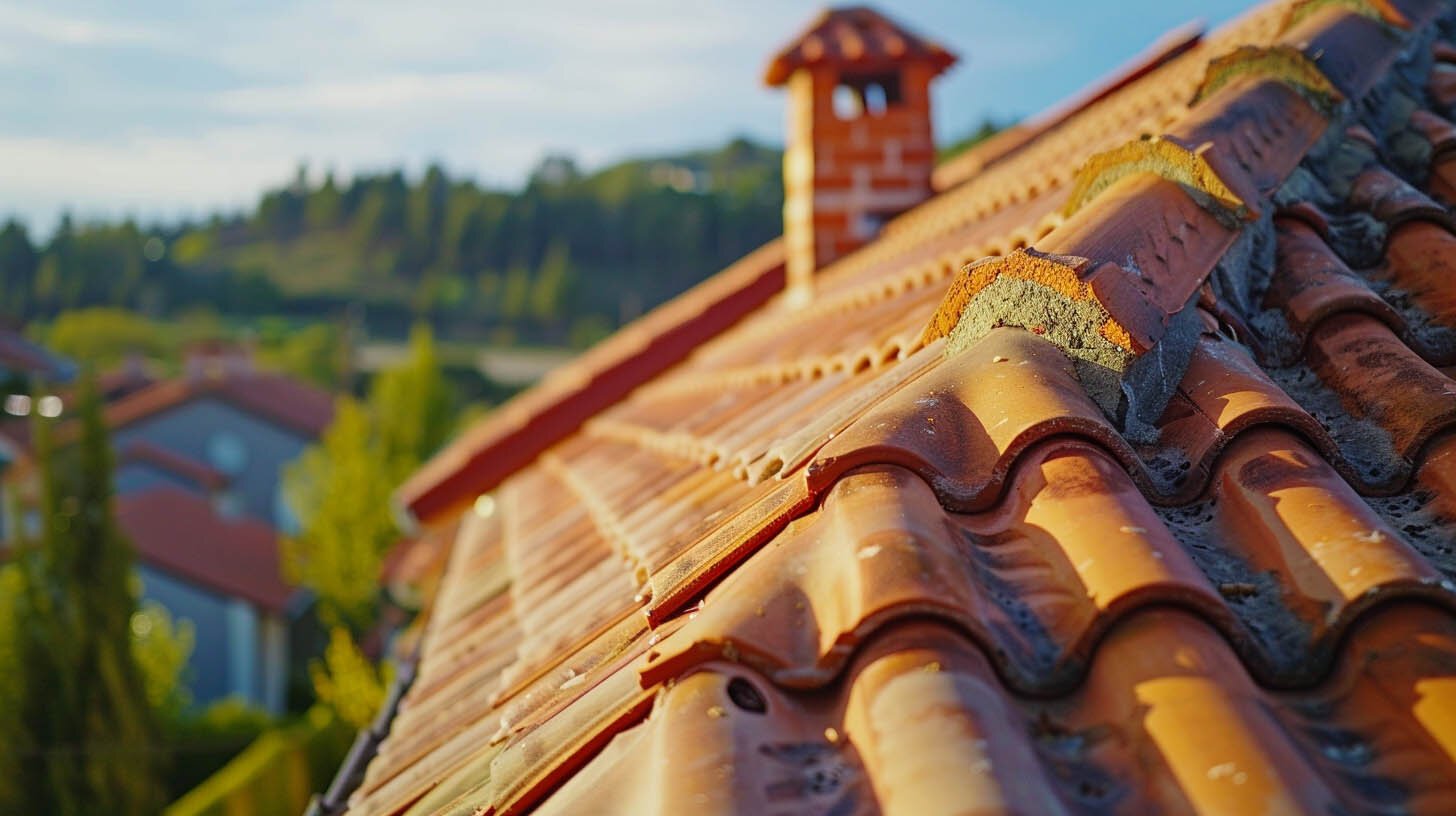When it comes to maintaining or replacing your roof, the question often arises: should you take on the project yourself or hire professionals? This article outlines the critical considerations for homeowners contemplating DIY roof repairs or replacements, highlighting the potential benefits, risks, and when it's advisable to call in expert help like Summit Exteriors.
Evaluating the Scope of Your Roofing Project
Understanding the Complexity
Roof repairs can vary from simple shingle replacements to complex structural repairs. Homeowners need to realistically assess the complexity of the task and their own skills. Simple repairs like replacing a few shingles might be within the capabilities of those experienced with DIY projects, but more extensive damages often require professional expertise.
Risk Assessment
Roof work is inherently risky, especially in terms of safety. Falls from roofs are among the most common accidents in home improvement projects. Professional roofers are trained to handle these risks with appropriate safety gear and protocols.
Cost Implications of DIY Roofing
Immediate Savings vs. Long-Term Costs
While DIY roofing might seem cost-effective initially, it's important to consider potential long-term costs. Improper installation can lead to leaks, water damage, and the need for premature replacements, all of which could significantly increase overall expenses.
Material Costs and Quality
Professionals often get better pricing on high-quality materials due to their relationships with suppliers, and they have the expertise to select the right materials for your specific roofing needs.
The Benefits of Professional Roofing Services
Expertise and Efficiency
Companies like Summit Exteriors bring years of experience and a depth of specialized knowledge that ensures the job is done right the first time. This expertise is particularly crucial in areas like Coeur d'Alene, ID, where local weather conditions dictate specific roofing solutions.
Warranty and Peace of Mind
Professional installations often come with warranties for both materials and labor, offering homeowners peace of mind that is not available with DIY projects. Should problems arise post-installation, you're covered under warranty.
Compliance with Building Codes
Professional roofers ensure that all work is compliant with local building codes, which can be complex and vary widely. This compliance is critical for both safety and the validity of your home insurance.
When to Consider DIY Roofing
Minor Repairs and Maintenance
For minor damages or routine maintenance, such as cleaning gutters or replacing a few damaged shingles, a competent DIY homeowner can take on these tasks. These small repairs do not typically require complex skills and can be managed safely with the right tools and precautions.
Enhancing DIY Skills
For those looking to build their home improvement skills, starting with small, manageable roofing tasks is a safe way to gain experience. However, it's crucial to thoroughly research and prepare before attempting even minor repairs.
Conclusion
Deciding whether to repair or replace a roof on your own depends on several factors including the complexity of the job, your own skill level, and the potential risks involved. For most homeowners, especially those dealing with extensive repairs or full replacements, hiring seasoned professionals like Summit Exteriors offers not only a guarantee of quality and safety but also ensures compliance with industry standards and local building codes. In the end, while DIY can save money upfront, the benefits of professional roofing services from a cost, safety, and quality standpoint often outweigh initial savings.



